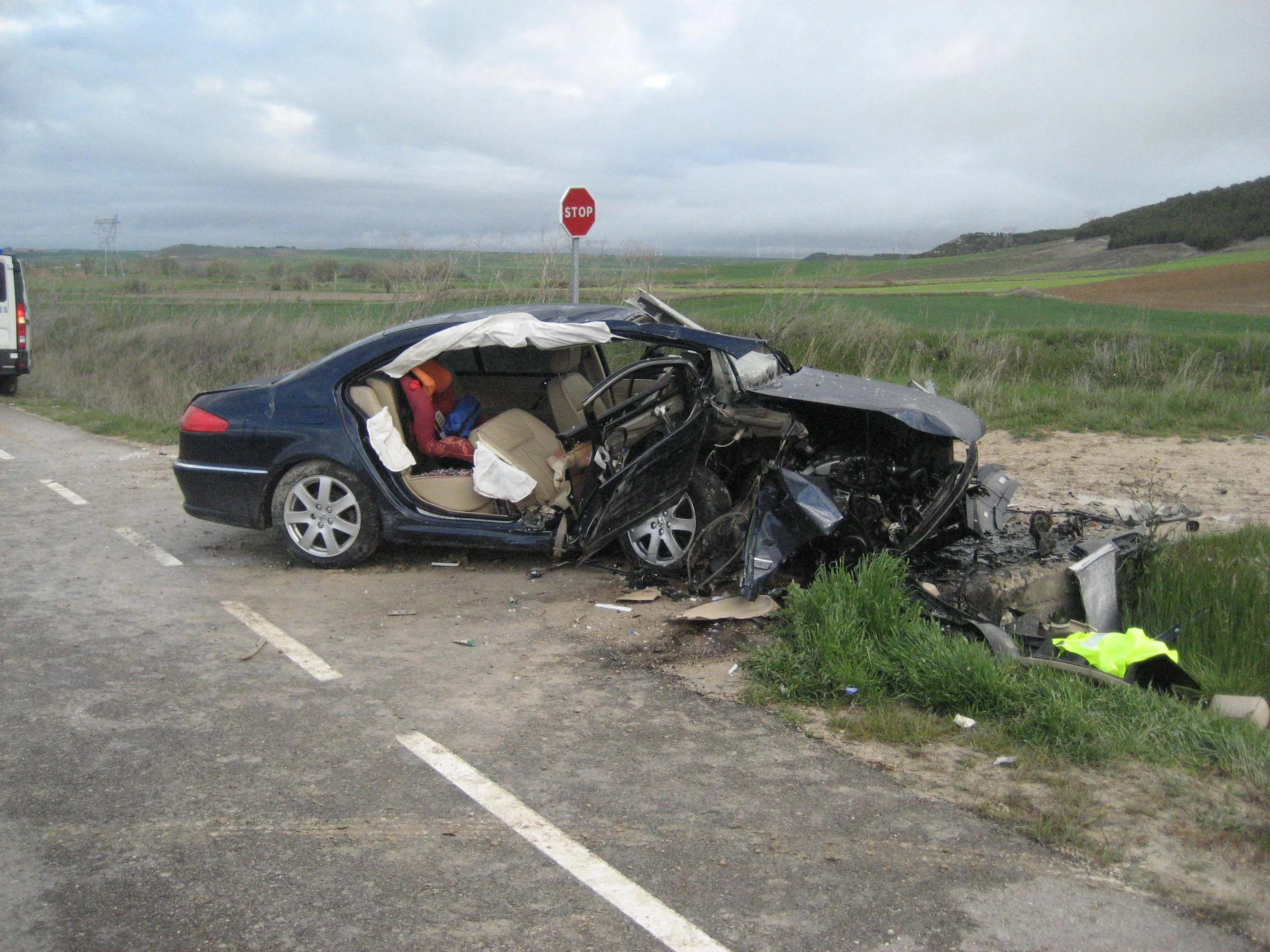Plans for a lorry road user charging scheme to create a fairer deal for UK hauliers were announced yesterday by roads minister Mike Penning.
March 15, 2012
Read time: 2 mins
Plans for a lorry road user charging scheme to create a fairer deal for UK hauliers were announced yesterday by roads minister Mike Penning. Most 1116 European Union states charge lorries for using their roads which means that British vehicles have to pay to drive in Europe, while foreign lorries can drive for free in the UK.
"Each year there are around 1.5 million trips to the UK by foreign registered lorries – but none of them pays to use our roads, leaving UK businesses and taxpayers to foot the bill,” Penning said. “The proposals I have set out today will ensure that all hauliers who use our roads are contributing to their cost, regardless of where they are from.”
The proposed scheme will levy a time-based charge of up to US$16 a day for lorries of 12 tonnes or over using any road in the UK. The precise level of charges will depend on exchange rate and inflation at the time of implementation which is likely to be 2015, subject to the legislative programme.
By law, the scheme cannot discriminate between UK-registered vehicles and vehicles from elsewhere in the EU so this charge will apply to all lorries but, for the vast majority of UK hauliers, the Government proposes to compensate them for the charge, probably by a reduction in Vehicle Excise Duty for UK-registered vehicles.
"Each year there are around 1.5 million trips to the UK by foreign registered lorries – but none of them pays to use our roads, leaving UK businesses and taxpayers to foot the bill,” Penning said. “The proposals I have set out today will ensure that all hauliers who use our roads are contributing to their cost, regardless of where they are from.”
The proposed scheme will levy a time-based charge of up to US$16 a day for lorries of 12 tonnes or over using any road in the UK. The precise level of charges will depend on exchange rate and inflation at the time of implementation which is likely to be 2015, subject to the legislative programme.
By law, the scheme cannot discriminate between UK-registered vehicles and vehicles from elsewhere in the EU so this charge will apply to all lorries but, for the vast majority of UK hauliers, the Government proposes to compensate them for the charge, probably by a reduction in Vehicle Excise Duty for UK-registered vehicles.









